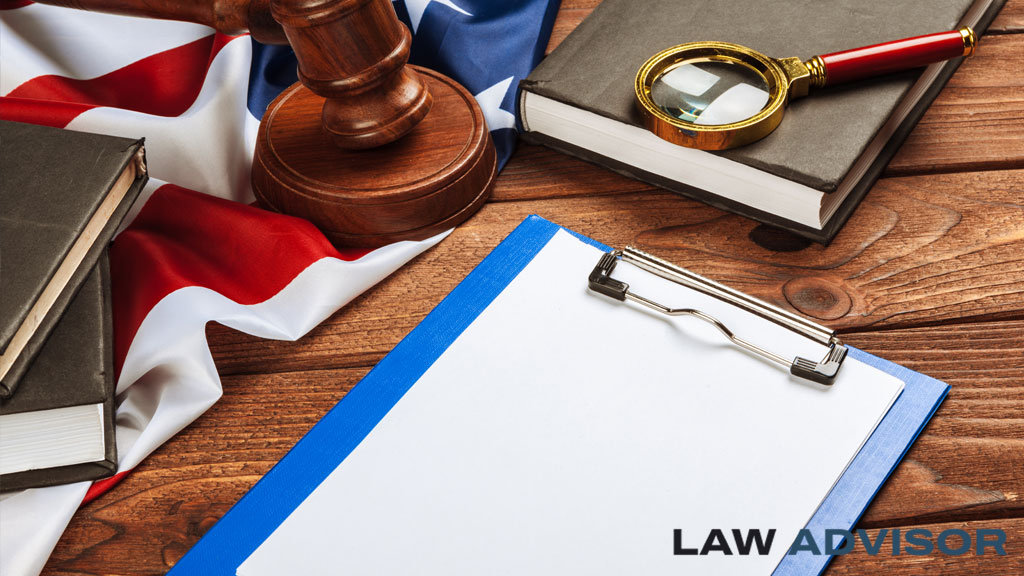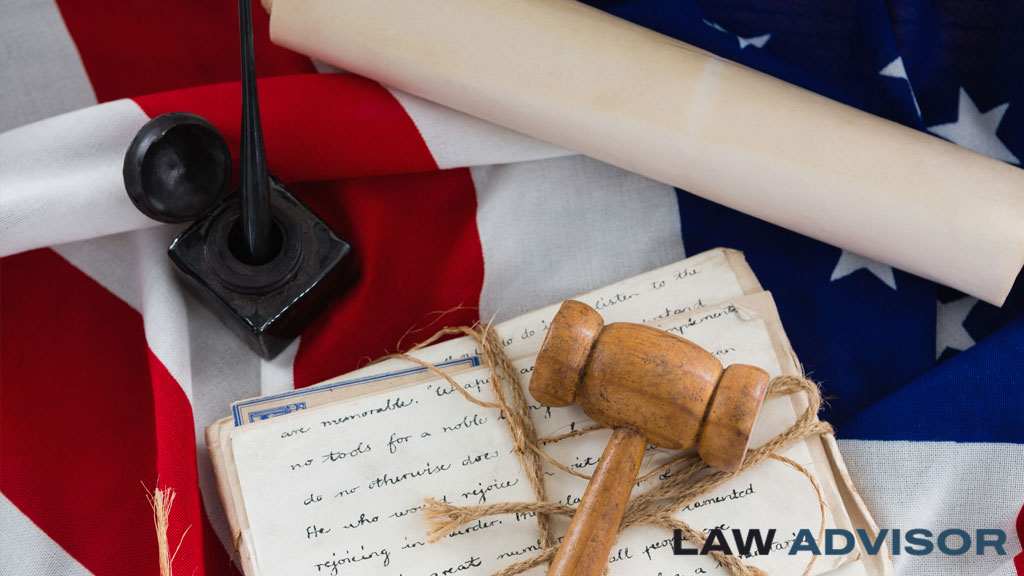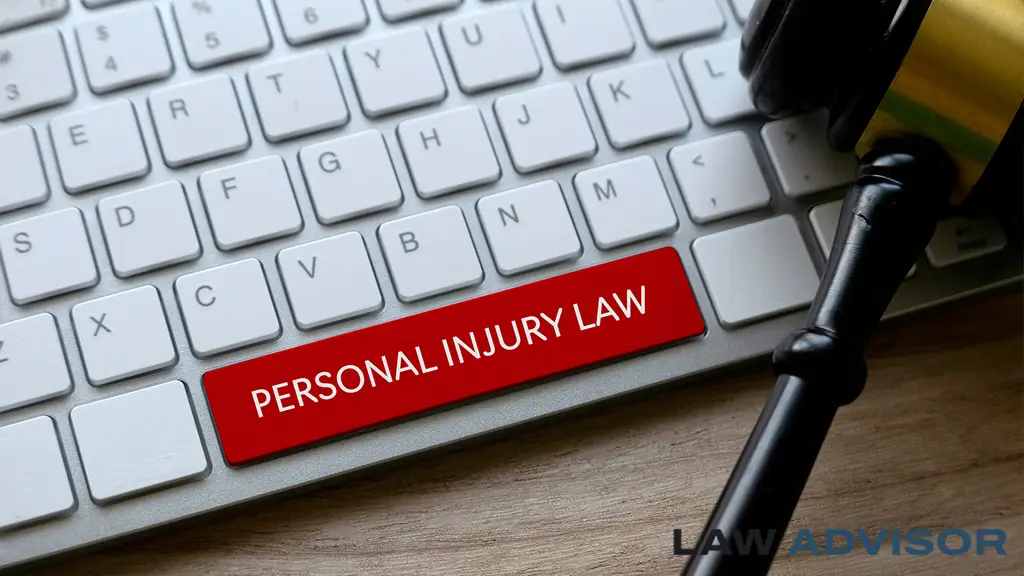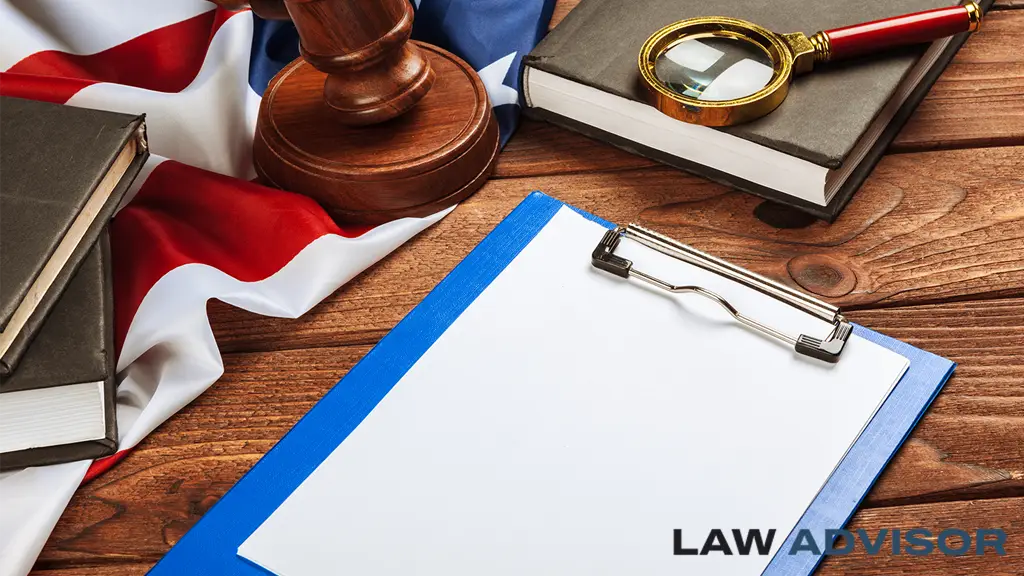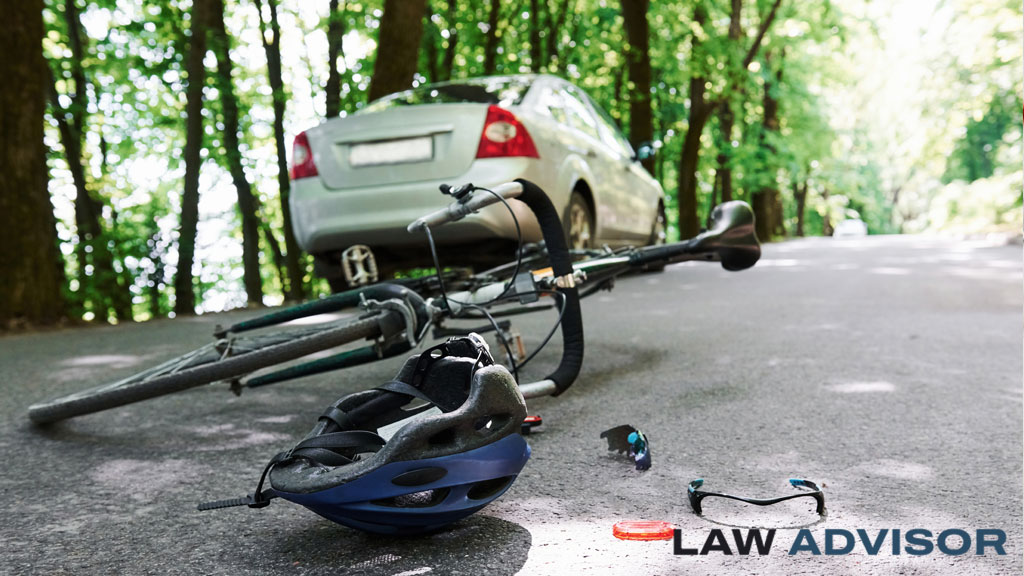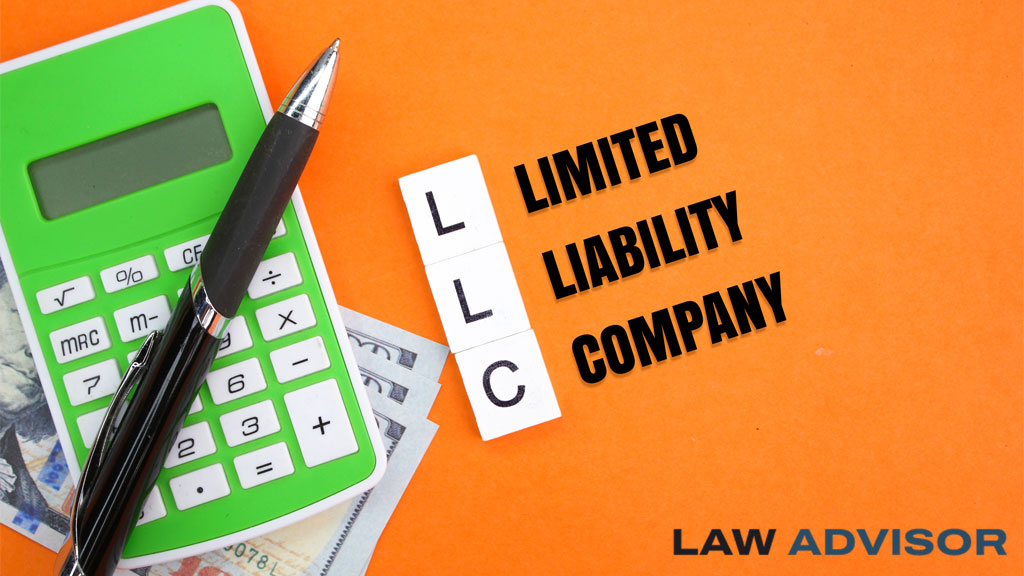📝 No one loves thinking about it, but knowing what happens when you die without a will is one of the most important legal lessons you can learn. If you don’t leave clear instructions, the state steps in — and their plan probably won’t match what you had in mind. Here’s exactly what happens and why you should avoid dying intestate (the legal term for dying without a will).
📌 What Does “Dying Intestate” Mean?
When someone passes away without a valid will, they’re considered to have died intestate. In this situation:
- State law decides how your property is divided
- A court appoints someone (usually a family member) to act as your estate’s administrator
- You lose the ability to choose guardians for minor children
- Assets may not go where you intended, causing family conflicts
📋 How Are Assets Distributed Without a Will?
Each U.S. state has its own intestacy laws that determine the order of inheritance. Here’s a general outline of how it usually works:
✅ If you have a spouse and no children: Your spouse typically inherits everything.
✅ If you have a spouse and children:
- Some states split assets between your spouse and children.
- Others give the entire estate to the spouse.
✅ If you have children but no spouse:
- Everything is divided equally among your children.
✅ If you have no spouse or children:
- Assets go to parents, siblings, and then more distant relatives.
✅ If no relatives are found:
- The state claims your estate through a process called escheat.
📣 Pro Tip: Close friends, unmarried partners, and charities you care about typically receive nothing without a will.
🛡️ What About Minor Children?
One of the most critical consequences of dying intestate is that you don’t get to choose who raises your minor children. The court will appoint a legal guardian — often a family member — based on what the judge believes is in the child’s best interest.
This can lead to:
- Custody battles
- Disputes between relatives
- Children being raised by someone you may not have approved of
📦 What Happens to Debts and Taxes?
✅ Your debts don’t disappear when you die.
✅ The appointed administrator uses your estate to pay off outstanding debts, taxes, and final expenses before distributing the remaining assets to heirs.
💡 If your estate has more debts than assets, creditors get paid first, and heirs may receive little or nothing.
📚 Probate Without a Will
Without a will, your estate enters probate, a legal process where the court:
- Appoints an administrator
- Verifies assets and debts
- Ensures creditors are paid
- Distributes remaining property to heirs based on state law
⚠️ Probate without a will is often longer, costlier, and messier than probate with one.
❌ Common Problems When There’s No Will
- Family conflicts over assets
- Higher legal fees and court costs
- Unexpected guardianship decisions
- Delays in settling the estate
- Unintended beneficiaries receiving your property
💡 Why You Should Always Have a Will
A will lets you:
- Choose who gets your property
- Appoint a trusted executor
- Name guardians for your children
- Simplify the probate process
- Minimize family disputes
Even a basic, legally valid will is far better than none at all.
📑 How to Avoid Dying Intestate
✅ Create a will while you’re healthy
✅ Update it after major life events (marriage, divorce, births, deaths)
✅ Store it safely and tell your executor where to find it
📣 Pro Tip: Don’t forget to include digital assets, social media accounts, and cryptocurrency in your estate plan.
📦 Final Thoughts
Dying without a will leaves your estate — and your loved ones — at the mercy of state laws. Don’t risk leaving behind a legal mess. Drafting a simple will takes little time but makes a huge difference when it matters most.
🔍 Start protecting your family and assets today by creating a legally binding will.

